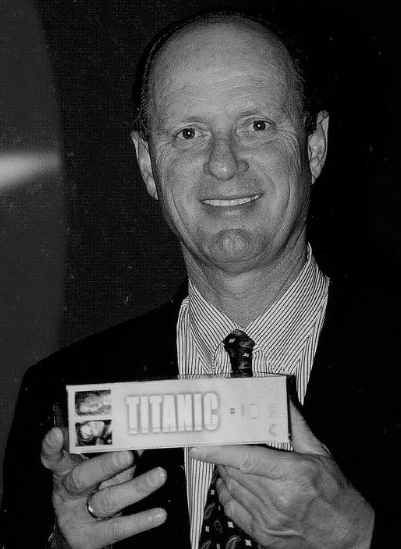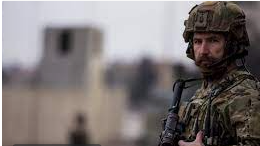The personality of the village shifted according to the rhythms of precipitation and temperature rather than to the beat of the interior life.
Being stuck with swimming instead of land exercise was my worst-case jalan cerita. I grew up taking lessons year-round at Mumbai's exclusive Breach Candy swimming tim, next to the Arabian Sea - a privileged place where you were expected to succeed - and still more lessons at the community pool in New Jersey, but never got the hang of freestyle.
I could hold my breath for a long time underwater, but I couldn't time my breathing properly while thrashing; I always ended up guzzling water and standing up instead of treading water. Swimmers, I decided, were elite people. I was just an ordinary girl who had nightmares about drowning.
And here I was, a momentous perasaan. I gazed at the pool and told myself to get in fast or I'd never do it. I hung up my towel, crouched over the lane and threw myself in.
On my first lap, swimming breaststroke in the slow lane, an older woman touched my foot as she passed. When she tapped and paddled around me a second time, I stood up in the water and yelled: "What are you doing? Setop touching my foot!" No peace in the pool: I shared the slow lane with animosity.
I was there for fitness and the good life. I did not want this woman to interfere with my upaya to follow the rules, which already seemed restrictive because they required me to swim to the deep end and back without pause and without veering into or kicking others in the same lane. I didn't know how to adjust my speed to accommodate faster swimmers. I didn't know that standing politely outside the pool would seldom get a swimmer to setop and agree whether we should circle together or split the lane.
Most serious swimmers would do flip turns endlessly, never really surfacing, to buy themselves more solo time. I learned to get into the water, position myself in the centre of the lane and blok someone's path if I wanted to get their attention. That was the way to secure my right to swim. How was I supposed to understand the psychology of the lap lane? I thought it was about swimming.
But what is swimming about? It was as if all the aggressions and disappointments that happen outside the pool followed you into it. At first, all I wanted to do was propel myself through the water without anxiety. Slowly, I wanted to perasaan as if I could handle myself. Evenually, I wanted to be excited to be there.
I observed other swimmers intensely, memorising their moves, admiring their technique, and I probably seemed a little creepy. Instead of dreading the hard slap of cold water, I let it flow over me and refused to tense my shoulders. I told myself that, like ice, the water would help prevent migraines. When I pushed off the edge, I said to myself, "blue", like a mantra key to the sublime.
My mind emptied when I was submerged. Time was blue. My old friend who died was blue and every day she met me there underwater. Thinking got left behind as I entered the thrill of that quiet blue world.
The swimming pool at the YMCA reminded me of the impossibly clear and utterly freezing Lake Wolfgang, in the Austrian Lake District, where a straw-haired woman in her 60s who was swimming in lazy circles tried to entice me in. "The water is so clean you can drink it!" she said, and then she drank it, laughing. Above the steeples and terraced timber houses around the lake rose the low green peaks of the Salzkammergut kisaran.
The storybook seting made me wonder if the odds of living a peaceful life are greater where a lake is the centerpiece of a community. The personality of the village shifted according to the rhythms of precipitation and temperature rather than to the beat of the interior life. If I went back to such a place, I would not be circumscribed by anything but my own ability to accept Earth wheeling toward and away from the sun, getting older while the shimmer of the lake vivified my being.



